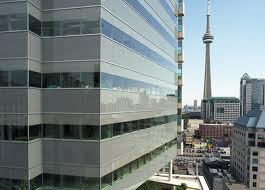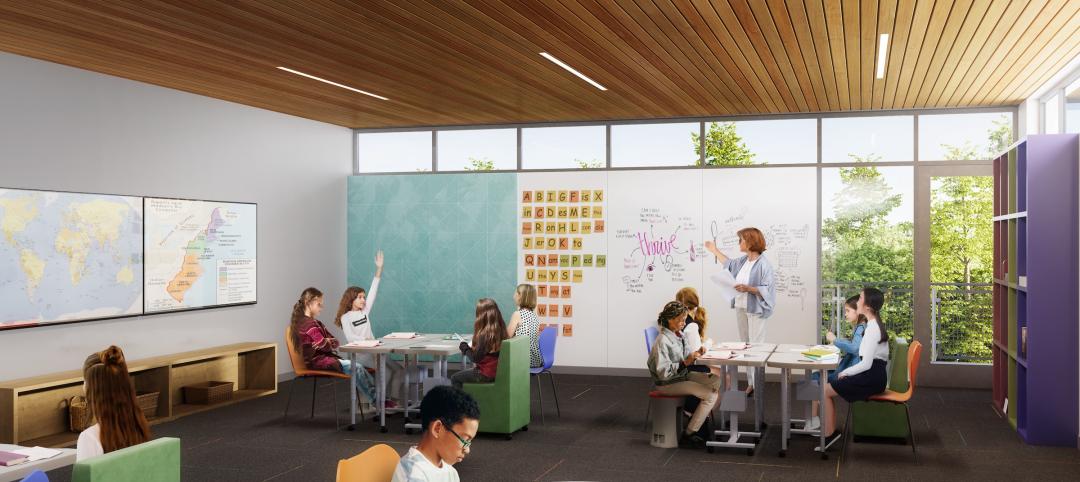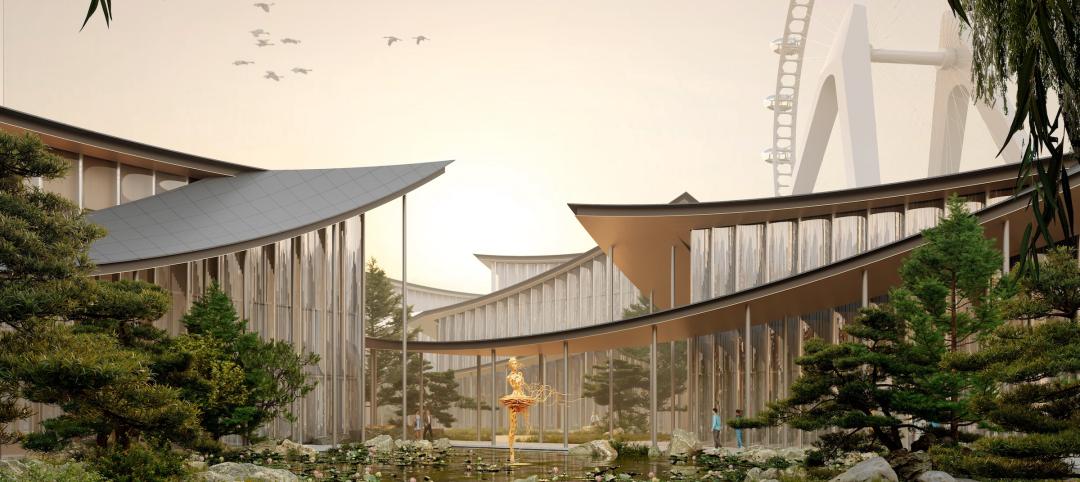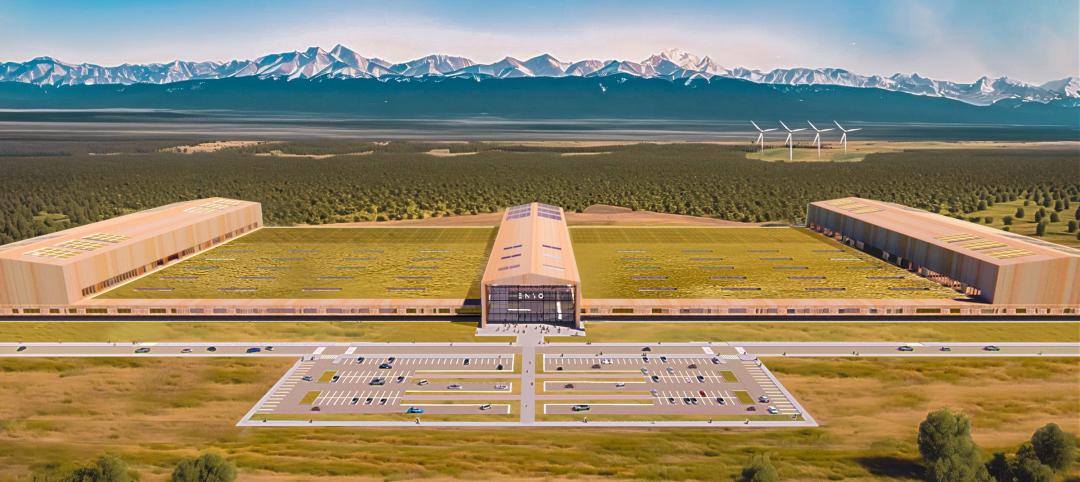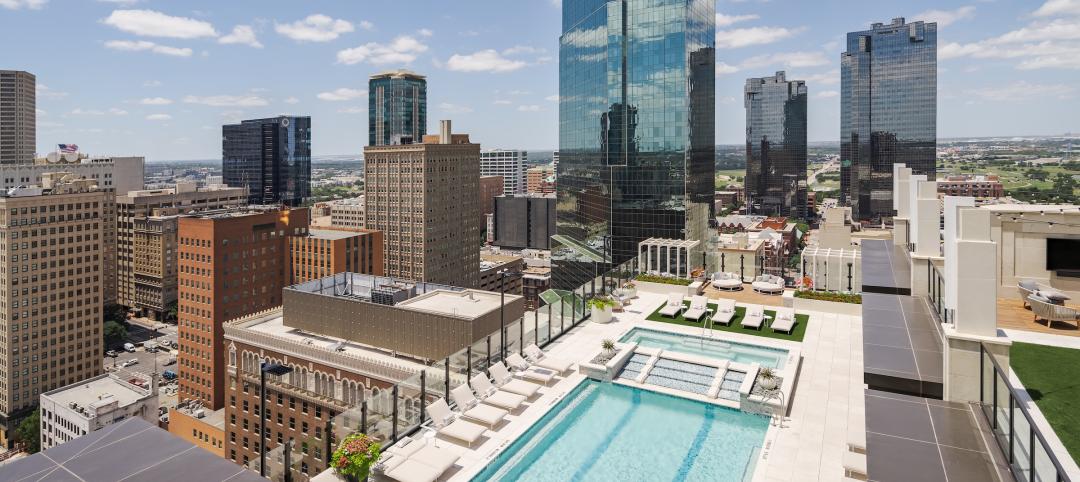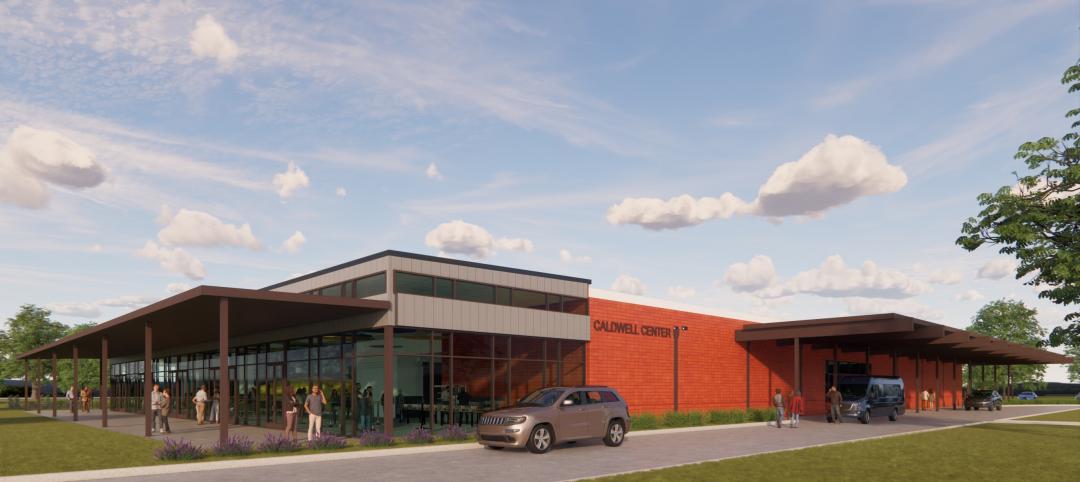Each year in the U.S., more than $35 billion in direct property loss is caused by natural disasters. Yet, while states and municipalities are seeking to adopt ordinances that require “green” or “sustainable” construction, they are overlooking disaster-resistance construction.
There is now a call for making enhanced resilience of a building’s structure to natural and man-made disasters the first consideration of a green building. Increased longevity and durability, combined with improved disaster resistance, results in the need for less energy and resources.
This is not only the case for repair, removal, disposal, and replacement of building materials and contents due to disasters, but for routine maintenance and operations as well.
“Integration of durability and functional resilience into sustainability codes, standards, and programs is long overdue,” David Shepherd, director of sustainability for the Portland Cement Association (PCA) said. “Some say the most sustainable structure is the one that isn’t built. We believe the most sustainable building is the one still standing.”
Functionally resilient buildings place less demand on resources and allow communities to provide vital services, even after a natural disaster. For example, resilient construction allows businesses to continue operations, providing municipalities with a consistent tax base. Further community economic, societal, and environmental benefits occur when cities are not required to reallocated resources for emergency recovery.
A resilient building is not limited to one that is operational after a natural disaster but also one that can withstand the hardship of the passing years. The Brookings Institution projects that by 2030, the U.S. will have demolished and replaced 82 billion sf of its current building stock, or nearly one-third of existing buildings, largely because the vast majority of them weren't designed and built to last any longer. Robust, functionally resilient buildings are frequently reused and even repurposed when downtowns are renovated.
To allow local governments to adopt green building codes that address high performance as well as conventional sustainable features, the PCA and the Institute for Business and Home Safety (IBHS) have developed High Performance Building Requirements for Sustainability 2.0. The criteria are written in mandatory language that amends and appends the International Code Council International Building Code. The provisions are generic and do not specify one specific material over another.
PCA and IBHS have aligned the provisions with the concepts of both the Whole Building Design Guide and High Performance Building Council. Enacting and enforcing these provisions provides the basis for designers and owners to obtain certification as a US Green Building Council Leadership in Energy and Environmental Design for New Construction. BD+C
Related Stories
K-12 Schools | Aug 29, 2024
Designing for dyslexia: How architecture can address neurodiversity in K-12 schools
Architects play a critical role in designing school environments that support students with learning differences, particularly dyslexia, by enhancing social and emotional competence and physical comfort. Effective design principles not only benefit students with dyslexia but also improve the learning experience for all students and faculty. This article explores how key design strategies at the campus, classroom, and individual levels can foster confidence, comfort, and resilience, thereby optimizing educational outcomes for students with dyslexia and other learning differences.
Museums | Aug 29, 2024
Bjarke Ingels' Suzhou Museum of Contemporary Art conceived as village of 12 pavilions
The 60,000-sm Suzhou Museum of Contemporary Art in Suzhou, Jiangsu, China recently topped out. Designed by Bjarke Ingels Group (BIG), the museum is conceived as a village of 12 pavilions, offering a modern interpretation of the elements that have defined the city’s urbanism, architecture, and landscape for centuries.
Adaptive Reuse | Aug 28, 2024
Cities in Washington State will offer tax breaks for office-to-residential conversions
A law passed earlier this year by the Washington State Legislature allows developers to defer sales and use taxes if they convert existing structures, including office buildings, into affordable housing.
Industrial Facilities | Aug 28, 2024
UK-based tire company plans to build the first carbon-neutral tire factory in the U.S.
ENSO, a U.K.-based company that makes tires for electric vehicles, has announced plans to build the first carbon-neutral tire factory in the U.S. The $500 million ENSO technology campus will be powered entirely by renewable energy. The first-of-its-kind tire factory aims to be carbon neutral without purchased offsets, using carbon-neutral raw materials and building materials.
Architects | Aug 28, 2024
KTGY acquires residential high-rise specialist GDA Architects
KTGY, an award-winning design firm focused on architecture, interior design, branded environments and urban design, announced that it has acquired GDA Architects, a Dallas-based architectural firm specializing in high rise residential, hospitality and industrial design.
K-12 Schools | Aug 26, 2024
Windows in K-12 classrooms provide opportunities, not distractions
On a knee-jerk level, a window seems like a built-in distraction, guaranteed to promote wandering minds in any classroom or workspace. Yet, a steady stream of studies has found the opposite to be true.
Building Technology | Aug 23, 2024
Top-down construction: Streamlining the building process | BD+C
Learn why top-down construction is becoming popular again for urban projects and how it can benefit your construction process in this comprehensive blog.
Airports | Aug 22, 2024
Portland opens $2 billion mass timber expansion and renovation to its international airport
This month, the Portland International Airport (PDX) main terminal expansion opened to passengers. Designed by ZGF for the Port of Portland, the 1 million-sf project doubles the capacity of PDX and enables the airport to welcome 35 million passengers per year by 2045.
Adaptive Reuse | Aug 22, 2024
6 key fire and life safety considerations for office-to-residential conversions
Office-to-residential conversions may be fraught with fire and life safety challenges, from egress requirements to fire protection system gaps. Here are six important considerations to consider.
Resiliency | Aug 22, 2024
Austin area evacuation center will double as events venue
A new 45,000 sf FEMA-operated evacuation shelter in the Greater Austin metropolitan area will begin construction this fall. The center will be available to house people in the event of a disaster such as a major hurricane and double as an events venue when not needed for emergency shelter.


